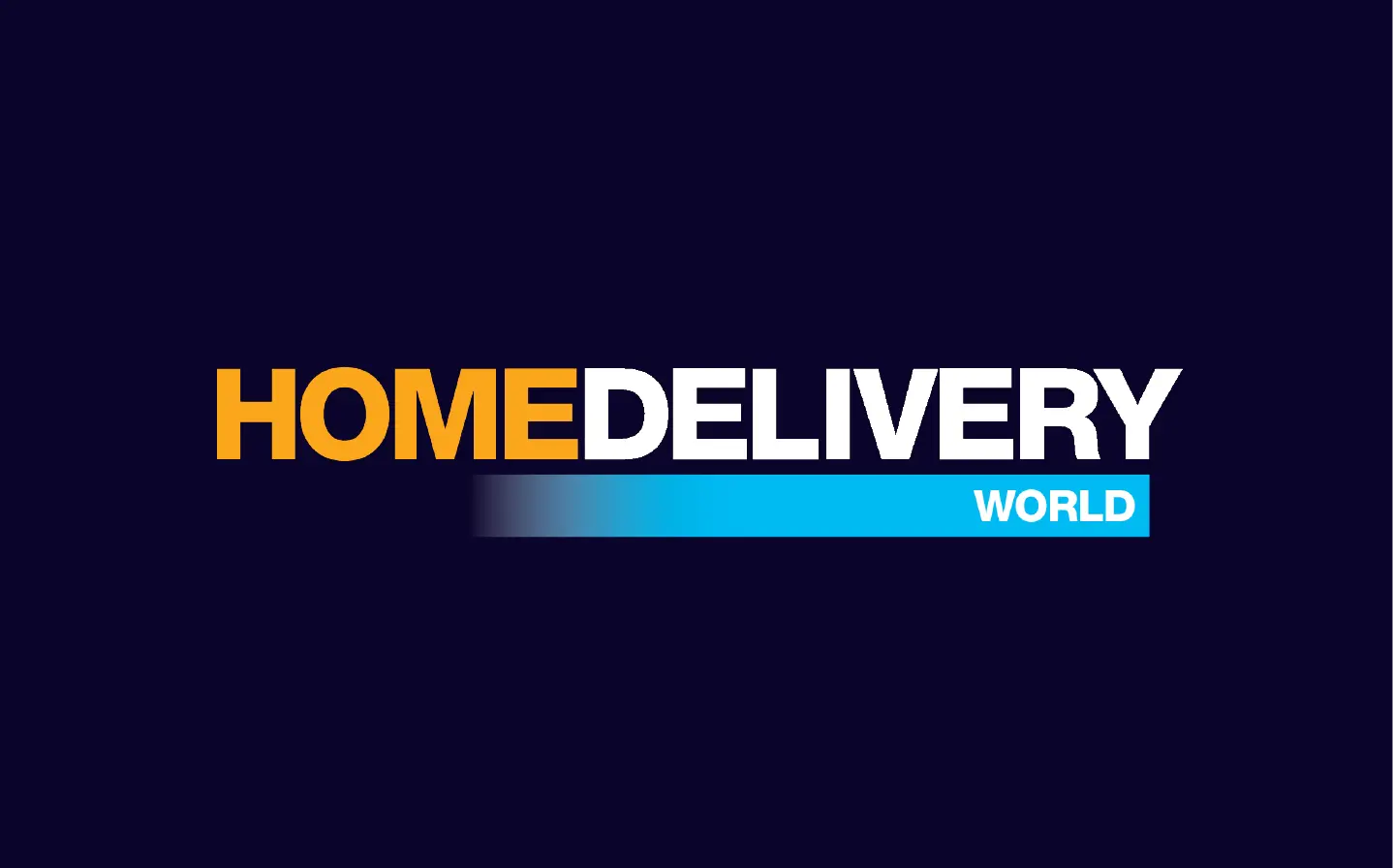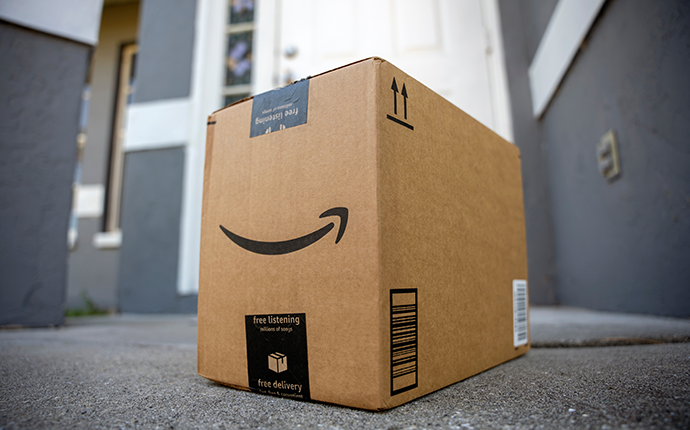What Is a Shipping Contract?
Whether you are a high-volume shipper or run a small business, you must understand the responsibilities of your carrier company and your obligations in the shipping process.
Shipping contracts are documents that clearly define the costs, responsibilities, and risk of loss between a shipper and their carrier. They determine who is responsible for what while the shipment moves from the point of origin to the destination.
Shipping contracts enable you to enforce performance standards such as ensuring on-time delivery, getting service flexibility, and avoiding price fluctuations. Similarly, in the unlikely event that the shipment gets stolen or damaged, shipping contracts identify the party responsible for providing insurance coverage.
There are many contracts in domestic and international shipping: shipping contracts, shipping agreements, bill of lading, and free on board (FOB) contracts. In addition, there are cost and freight (CFR) and cost, insurance, and freight (CIF) contracts used for goods shipped by sea.
Here are the key carrier and shipper responsibilities in the shipping contract you should know before entering into commercial relationships with your carrier.
Are shipping charges catching you off guard? Gain full visibility into your supply chain operations with Sifted Logistics Intelligence.
The Carrier’s Responsibilities in the Shipping Contract
Shipping carriers follow different guidelines for domestic and international shipments. However, their responsibilities are laid out in the terms and conditions section of shipping contracts.
Let’s look at some of the most common things you can expect from your carrier.
Taking Over the Goods
Taking possession of the shipment is an essential contractual obligation of the carrier. Based on your carrier agreement, you can either drop off your packages at the carrier’s collection location or arrange a pickup from a place of your choice.
Carrier contracts specify the packaging and documentation requirements you need to fulfill before they accept your shipment. For example, packages must not exceed the carrier’s weight and dimension limits and should not contain hazardous materials.
The delivery driver collects the shipment and takes it to the nearest depot, where your packages are sorted with similar address destinations. Then, the carrier uses the service level of your choice to deliver the packages to their destination.
Preserving the Goods During the Journey
According to the shipping contract and carrier’s service guide provisions, carriers must utilize adequate transportation, storage, and handling equipment and services to keep the goods safe from pickup to arrival.
These responsibilities may also be contractually assigned to other entities, such as the loader or freight forwarder, if they agree to accept the responsibility.
Carrying the Goods to Their Destination
After the delivery driver reviews the paperwork and collects the shipment, the carrier is responsible for safely delivering the goods in good condition at the agreed destination. Shipping contracts also include rules applicable to the carrier about using the proper mode of transport (roads, railways, air or ocean transportation), delivery times, and delivering to the right person.
In addition, based on the contract terms and conditions, carriers may require a signature upon delivery of the goods, drop the shipment at a safe place if the recipient is unavailable or attempt redelivery the next day.
The Shipper’s Responsibilities in the Shipping Contract
As a shipper, it is your responsibility to prepare your shipments properly. This includes providing the required information and documentation to the carrier, properly packaging your goods, and ensuring that your shipments meet the guidelines outlined in shipping contracts (as well as service and tariff guides provided by the carrier).
Supply Data
The shipper must ensure that they provide accurate information to the carrier, including shipping invoices, as errors in shipment information can make your shipment ineligible for refunds (or you could receive a status exception notice, leading to shipping delays).
Major shipping carriers require high-volume shippers to submit a document called ‘manifest’ when taking possession of their packages. This document contains the item names, package weight and quantity, and shipping and postage information. The delivery driver can enter all this information into the carrier system by scanning a barcode on the manifest. This enables carriers to speed up the picking process as they don’t have to process hundreds or even thousands of packages individually.
Supply chain visibility is at the core of your shipping success. Sifted Logistics Intelligence can help you track key shipping metrics and offers actionable insights to help you reduce shipping costs.
Provide Permits
Most items can be easily shipped by carriers without any restriction. However, carrier contracts contain information about items that need special care and permits (e.g., export/import permits) and prohibited items (like guns, live animals, and hazardous materials) that can’t be shipped at all.
Before you ship out a package, ensure the items can be shipped to the destination without a permit. If not, it is the shipper’s responsibility to obtain any required permit and ensure correct identification, packaging, labeling, and documentation of the shipment.
You have to fulfill the requirements outlined in the shipping contract (and carrier service guide) and fill out necessary forms, including the permit number to ship such items.
Packaging
Shipping contracts include requirements related to packaging standards, as carriers may reject packages that don’t meet their safety and proper packaging guidelines.
Shippers must prepare and package items for safe transportation by road and air because carriers don’t accept liability for damage to packages due to changes in temperature and air pressure.
Shippers must use appropriate packaging material, whether your own or provided by the carrier, and properly label packages with the sender and recipient’s complete information.
Moreover, shippers must fulfill the mailing standards and dimensional weight requirements for packages and pallets as agreed upon in the shipping contract.
For example, pallets should not exceed the maximum height allowed, heavy packages should not be placed on top of smaller packages, and mailing boxes with empty spaces should be properly filled with cushioning material.
Ensure Compliance
To receive customized pricing, shippers must fulfill the contract terms and conditions of yearly shipping volume commitments. In addition, you have to ensure compliance with other contract requirements such as mailing standards, package weight, and dimensions, label elements, and price calculation and adjustments.
Similarly, all packages containing dangerous goods must comply with state and federal laws and ordinances and with all packing, marking and labeling requirements. Some carriers accept prohibited items like alcoholic beverages and tobacco products on a contractual basis for known shippers with consistent volumes and the ability to ensure compliance with all applicable laws, regulations, and carrier policies.
Failure to comply with the terms and conditions outlined in the shipping contract can result in the carrier requesting a modification in the pricing structure or denial of discounts and reimbursement claims.
Use Sifted Score to Improve Your Shipping Operations
Shipping contracts have terms that might not be favorable to you, or favorable terms might expire without running the full duration of the contract. Empowered carrier contract negotiation can help you cut parcel shipping costs by clearly defining contract terms and conditions to ensure profitability.
Sifted’s Carrier Management Suite helps businesses monitor their carrier contract performance, optimize contract rates with tailored discounts, and build a better relationship with their carrier rep.
Find out how you can improve your carrier relationship and performance by scheduling a free demo with Sifted today!











